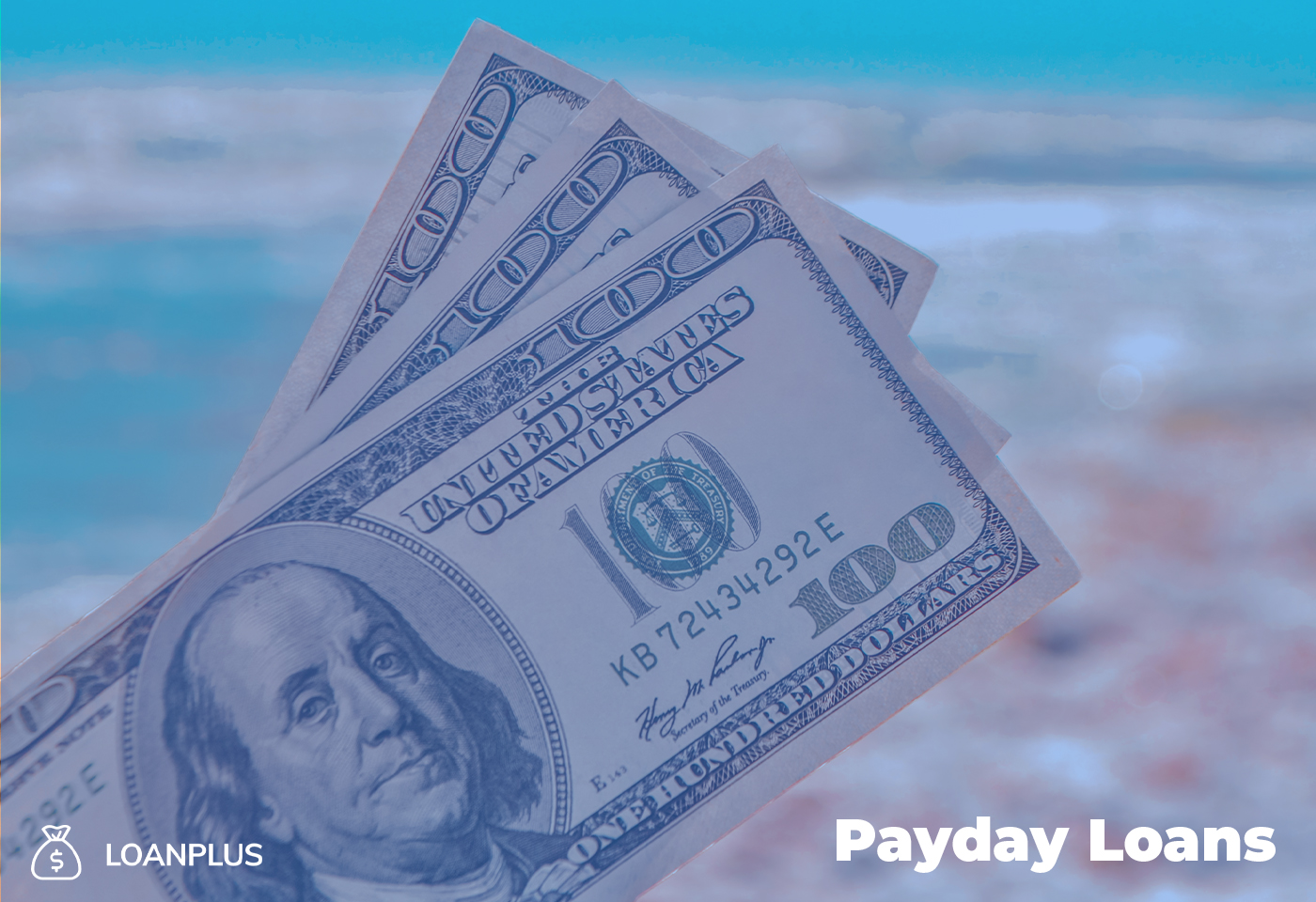.jpg)
What funding options do you have when unexpected emergencies hit a bump in the road? You either need to use your emergency savings or rely on borrowing. In the first scenario, everything is quite straightforward, as you may tackle unplanned costs using your savings account. But what if you don't have one?
Millions of Americans choose quick funding means to obtain extra cash between paychecks. $300 payday loans may seem a buzzworthy option to help you deal with short-term financial needs.
$300 Payday Loan Described
Payday loans are usually defined as small cash advances with high interest rates and short repayment terms. Unlike personal or installment loans, payday advances are due in a short period, usually within a month. You don't have a repayment plan with multiple installments spread over several months. The borrowed amount and fees are payable altogether with a single repayment date upon your next paycheck.
Although a payday loan is a quite expensive form of lending, it may come in handy when your credit isn't good enough to pick up a traditional loan.
What does the Payday Application Process Look Like?
With the online application process, you can get the money you need fast. Head over to our website and start a three-step application process.
1. Fill out an online loan request and provide all necessary information. You may be requested to provide some basic personal information, such as name, email address, phone number, banking information, etc.
2. Qualify for a payday loan and review the credit agreement to either accept or reject the credit offer.
3. Get your requested amount sometimes even on the same day of credit approval. You are free to use the cash for whatever you want: overcome unplanned expenses or pay overdue bills.
What If You Cannot Repay a Payday Loan On Time?

Once you default on a payday loan, bank fees, damage to your credit, collection calls, and even garnishment of your paycheck may become inevitable. Here are the most common consequences you may bump into if you are delinquent in payment.
Additional Fees
A payday lender may cash your post-dated check or electronically debit your bank account on the payment due date. However, if you don't have sufficient funds in your bank account, your check may bounce. Each time your lender attempts to cash your check, it may result in additional fees.
Debt Collection
If you fall behind in your loan payment for more than 60 days, you may face collection actions and lawsuits. In fact, this is the final stage where a lender may expect to get his money back to recoup losses. As soon as your loan is sent to a collection agency, you may feel aggressive efforts forcing you to pay back your debt.
Credit Score Downgrade
In general, taking out a payday or paying it back on time doesn't affect your credit at all. However, once you default on your loan or fall behind on your payment, you may have your credit score downgraded. As soon as the collection agency reports your unpaid debt to a credit reporting agency, collection information will stay on your credit report for seven years.
How to Avoid Bad Consequences?
You may ask your lender to renew your loan, also referred to as a rollover, of course, in exchange for extra fees. However, rolling over a loan is rarely the best idea as you may end up renewing your loan every month and paying fees. The only way to refrain from unpleasant consequences is to make sure you can settle your loan on its maturity before filling out your application.
